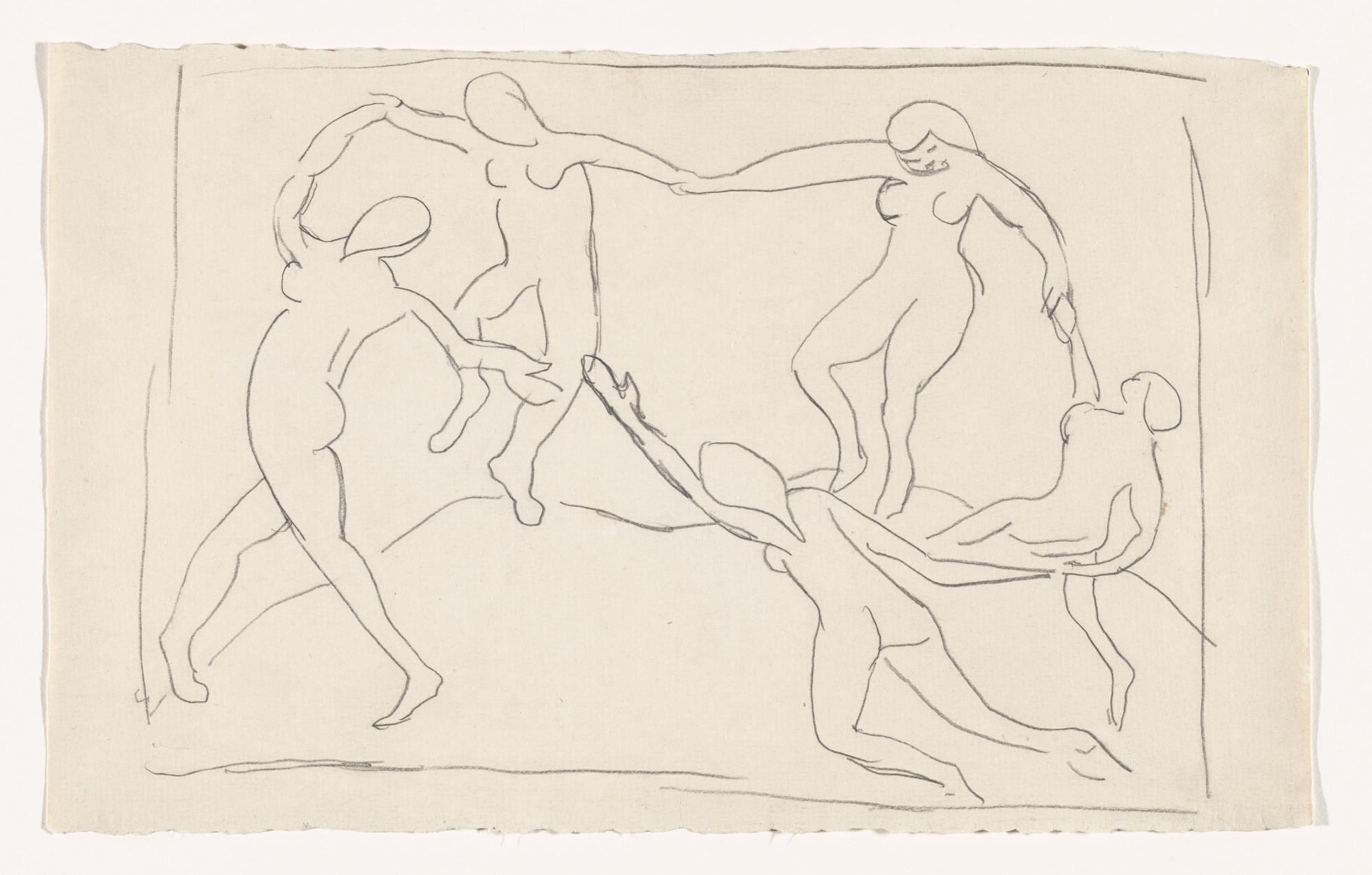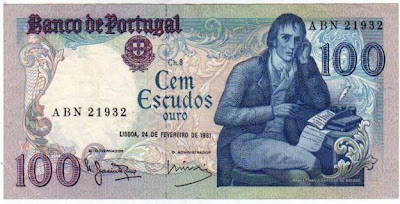As linhas ingoldianas: a vida das linhas e a vida nas linhas

“Matisse
had a very blob-like way of depicting the human form. His figures are
voluminous, rotund and heavily outlined. Yet the magic of the
painting is that these anthropomorphic blobs pulse with vitality.
They do so because the painting can also be read as an ensemble of
lines drawn principally by the arms and legs. Most importantly, these
lines are knotted together at the hands, to form a circuit that is
perpetually on the point of closure – once the hands of the two
figures in the foreground link up – yet that always escapes it. The
linking of hands, palm to palm and with fingers bent to form a hook,
does not here symbolise a togetherness that is attained by other
means. Rather, hands are the means of togetherness. That is, they are
the instruments of sociality, which can function in the way they do
precisely because of their capacity – quite literally – to
interdigitate. For the dancers, caught up in each other’s flexion,
the stronger the pull, the tighter the grasp. In their blob-like
appearance, Matisse gives us the materiality of the human form; but
in their linear entanglement, he gives us the quintessence of their
social life. How, then, should the social be described?”
Texto retirado daqui.
Adenda 1
... a propósito (de Tim Ingold): "Pare, Olhe, Escute!".
Adenda 2
... com memória.
Adenda 1
... a propósito (de Tim Ingold): "Pare, Olhe, Escute!".
Adenda 2
... com memória.


Comentários
Enviar um comentário